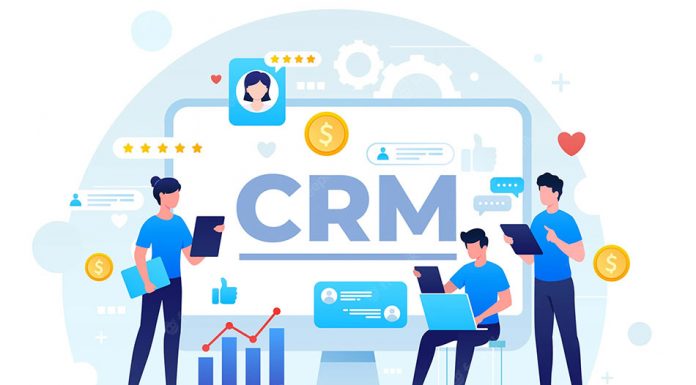Table of Contents
Artificial Intelligence (AI) is rapidly evolving as a transformative force across various sectors, offering a plethora of opportunities for improved efficiency and innovation. As industries begin to integrate AI into their workflows, it becomes imperative to understand its impact on different job roles. Contrary to the common fears, AI is not here to replace, but rather to augment and enhance human capabilities. From aiding in complex data analysis to automating repetitive tasks, AI stands as a companion tool aiming to empower professionals and elevate their roles. As we dive into its role in various professions, it’s essential to view AI as an ally in progress.
Benefits of implementing AI in business
- Software Developers: AI can automate up to 29% of computer-related tasks, allowing developers to channel their focus toward more creative and intricate tasks. (A study by Goldman Sachs.)
- Managers: Using AI, managers can oversee operations with a more informed perspective, leveraging AI-driven analytics to enhance overall productivity.
- Salespeople: AI assists in parsing customer data, forecasting sales trends, and streamlining repetitive tasks, thus amplifying sales strategies.
- Testers: Automated testing procedures can ensure higher software quality in a fraction of the time.
- Analysts: AI-enhanced analytics offer profound insights, ensuring more precise data interpretation.
- Healthcare Practitioners: With 28% of tasks in the healthcare field being streamlined by AI, professionals can dedicate more time to direct patient care.
However, while the promise of AI is robust and exciting, there’s a palpable concern among employees about its implications for their job security. A study by Goldman Sachs indicates significant automation potential across professions. At the same time, research from Slack shows that more than a quarter of desk workers feel their employers don’t trust them. Addressing this trust deficit becomes crucial as we further embrace the age of AI.
Reducing AI-Related Stress among Employees
- Transparency: Managers play a pivotal role in being a source of truth. Keeping employees in the loop about AI deployments, their purpose, and the expected outcomes can demystify AI’s role.
- Cultivate a Culture of Feedback: Employees understand their roles the best. Inviting them to share their insights on how AI tools can assist them not only instills a sense of value but also helps in aligning AI tools with real-world needs.
- Education and Training: Offering classes to employees on how to harness AI for improving efficiency can be transformative. It equips employees with skills to use AI, reinforcing the idea that AI is a tool, not a replacement.
- Emphasize Augmentation Over Replacement: Showing employees AI’s role in augmenting their jobs can help change the perception. The message should be clear: AI will free them from mundane tasks, enabling more creative endeavors.
- Evidence-Based Assurance: Sharing data, like the finding that AI adoption leads to a 90% increase in productivity, can assure employees of its benefits. Demonstrating real-world benefits, such as the 3.6 hours saved weekly, can change the narrative.
Conclusion
Highlight the Importance of Human-AI Collaboration.
Embracing AI doesn’t mean sidelining human talent. With the right approach, companies can ensure that AI becomes an ally, not an adversary, in the workplace. Transparency, continuous dialogue, training, and an emphasis on collaboration are key to ensuring a smooth transition into an AI-augmented future.















